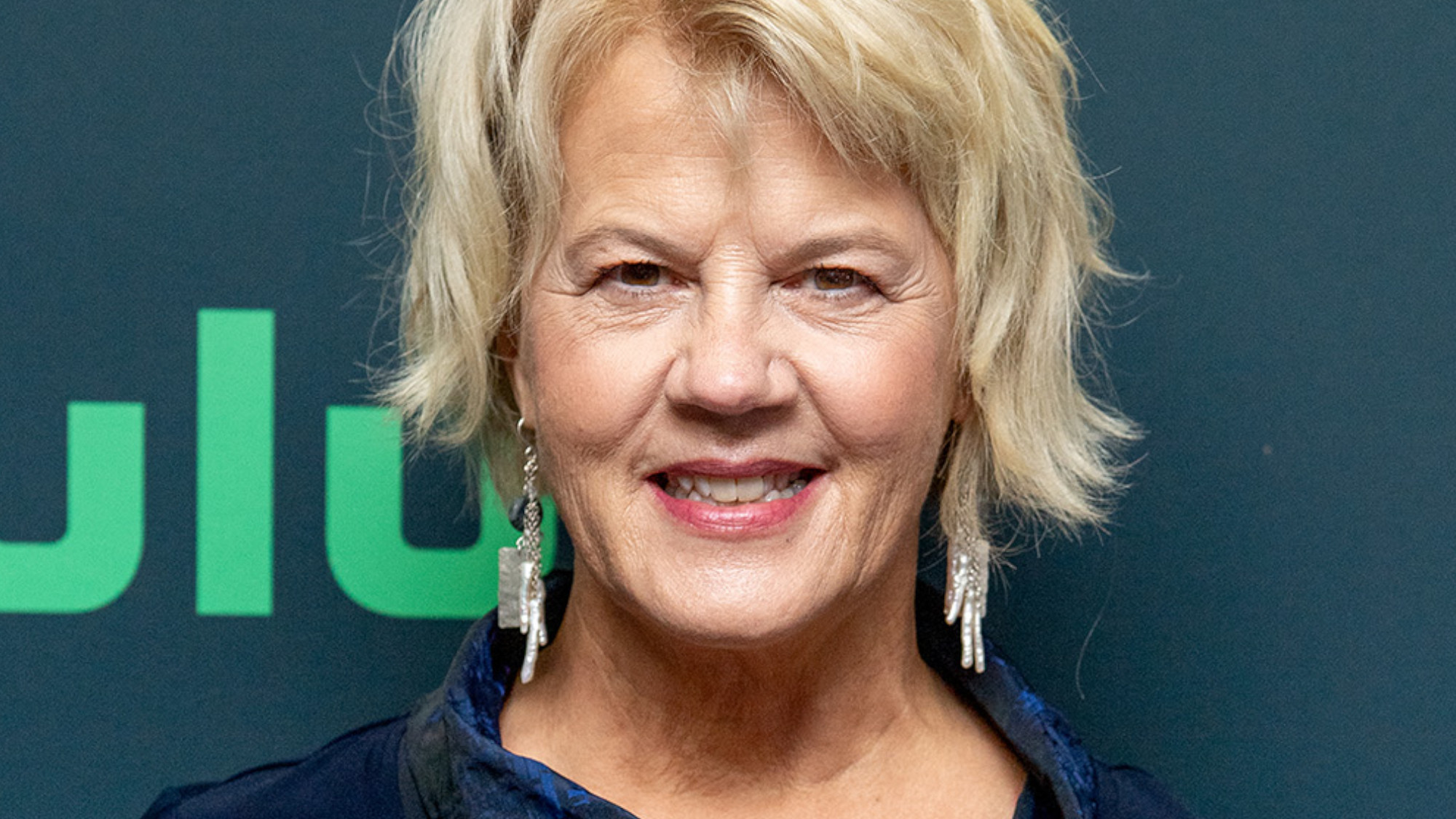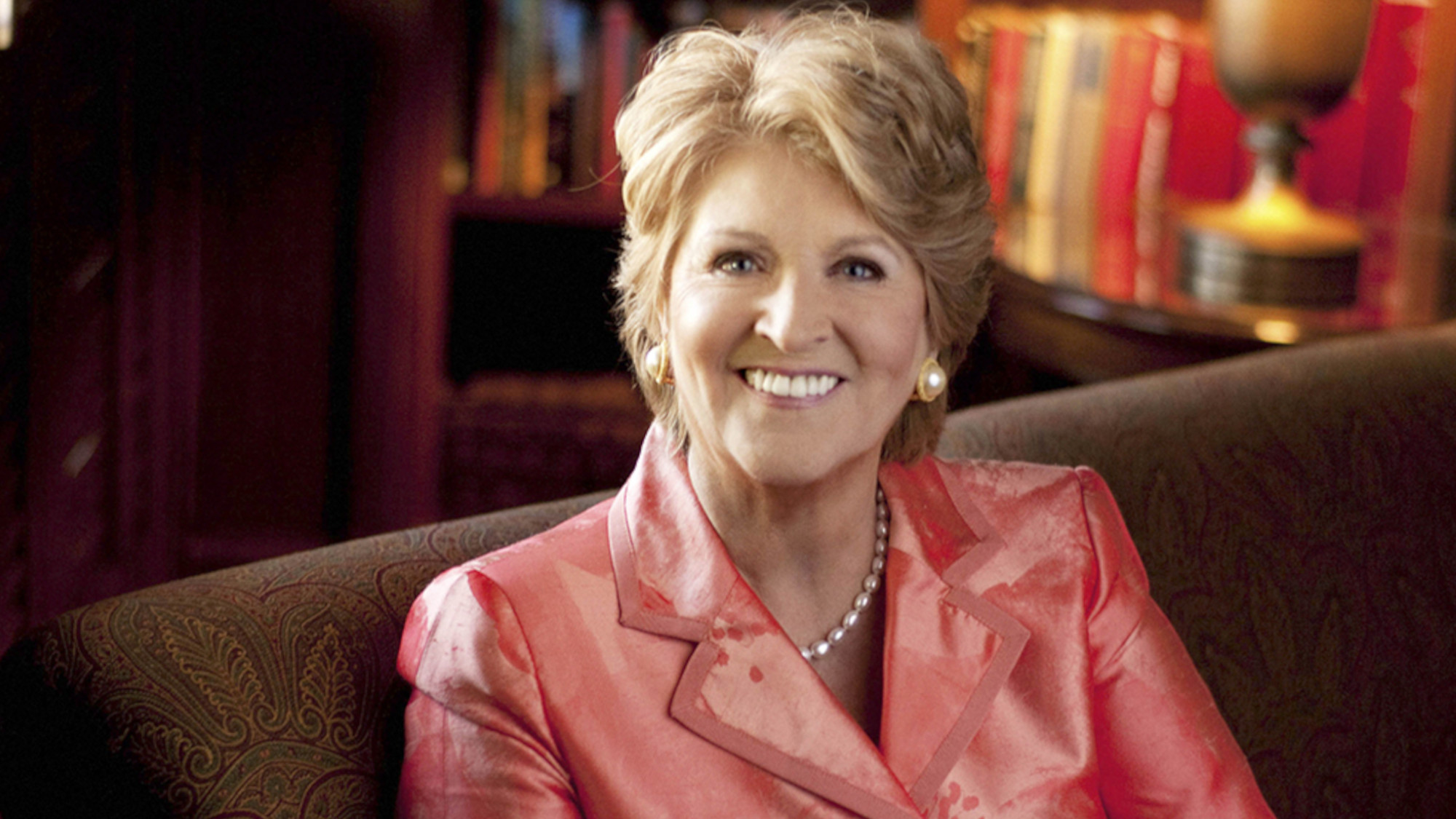Best books
Steven Waldman, the editor in chief of Beliefnet.com, is the author of the recent best-seller Founding Faith: Providence, Politics, and the Birth of Religious Freedom in America.
A free daily email with the biggest news stories of the day – and the best features from TheWeek.com
You are now subscribed
Your newsletter sign-up was successful
The Power Broker by Robert Caro (Vintage, $24). How urban planner Robert Moses combined hard work, idealism, ruthlessness, and an understanding of human weaknesses, to accumulate power and remake New York City. Caro taught me how unrelenting, exquisitely attentive reporting, not florid writing, is the key to masterful journalism.
A Generation of Seekers by Wade Clark Roof (out of print). My first guidebook to the new spiritual landscape created by the self-help-oriented, pluralistic sensibilities of baby boomers. This helped me write my first business plan for Beliefnet.
James Madison: A Biography by Ralph Ketcham (Univ. of Virginia, $23). The best single-volume biography of James Madison, who did more than any Founder to promote religious liberty. Frail, bookish, usually in Jefferson’s shadow, Madison crafted the most holistic vision of religious liberty, based on the idea that the best way to promote religion was by having the government leave it alone.
The Week
Escape your echo chamber. Get the facts behind the news, plus analysis from multiple perspectives.

Sign up for The Week's Free Newsletters
From our morning news briefing to a weekly Good News Newsletter, get the best of The Week delivered directly to your inbox.
From our morning news briefing to a weekly Good News Newsletter, get the best of The Week delivered directly to your inbox.
An Enquiry Concerning Human Understanding by David Hume (Oxford, $16). This bible of “empiricism” (which I read freshman year of college) forever altered the way I thought about cause, effect, and the nuances of proof.
Horton Hatches the Egg by Dr. Seuss (Random House, $15). Duty, commitment, and justice, are fully rewarded when an egg faithfully tended to by Horton the Elephant produces a creature that is half-elephant, half-bird: “And it should be, it should be, it SHOULD be that way.”
Lincoln’s Melancholy by Joshua Wolf Shenk (Houghton Mifflin, $25). How Lincoln battled depression and used it as a source of strength. Shenk shows how disabilities can fuel greatness, and how history can not only inform but inspire.
A free daily email with the biggest news stories of the day – and the best features from TheWeek.com
-
 ‘Restaurateurs have become millionaires’
‘Restaurateurs have become millionaires’Instant Opinion Opinion, comment and editorials of the day
-
 Earth is rapidly approaching a ‘hothouse’ trajectory of warming
Earth is rapidly approaching a ‘hothouse’ trajectory of warmingThe explainer It may become impossible to fix
-
 Health insurance: Premiums soar as ACA subsidies end
Health insurance: Premiums soar as ACA subsidies endFeature 1.4 million people have dropped coverage
-
 Beth Macy’s 6 favorite books about living in a divided nation
Beth Macy’s 6 favorite books about living in a divided nationFeature The journalist recommends works by Nicholas Buccola, Matthew Desmond, and more
-
 Gilbert King’s 6 favorite books about the search for justice
Gilbert King’s 6 favorite books about the search for justiceFeature The journalist recommends works by Bryan Stevenson, David Grann, and more
-
 Nathan Harris’ 6 favorite books that turn adventures into revelations
Nathan Harris’ 6 favorite books that turn adventures into revelationsFeature The author recommends works by Kazuo Ishiguro, Ian McGuire, and more
-
 Marisa Silver’s 6 favorite books that capture a lifetime
Marisa Silver’s 6 favorite books that capture a lifetimeFeature The author recommends works by John Williams, Ian McEwan, and more
-
 Lou Berney’s 6 favorite books with powerful storytelling
Lou Berney’s 6 favorite books with powerful storytellingFeature The award-winning author recommends works by Dorothy B. Hughes, James McBride, and more
-
 Elizabeth Gilbert’s favorite books about women overcoming difficulties
Elizabeth Gilbert’s favorite books about women overcoming difficultiesFeature The author recommends works by Tove Jansson, Lauren Groff, and more
-
 Fannie Flagg’s 6 favorite books that sparked her imagination
Fannie Flagg’s 6 favorite books that sparked her imaginationFeature The author recommends works by Johanna Spyri, John Steinbeck, and more
-
 Jessica Francis Kane's 6 favorite books that prove less is more
Jessica Francis Kane's 6 favorite books that prove less is moreFeature The author recommends works by Penelope Fitzgerald, Marie-Helene Bertino, and more